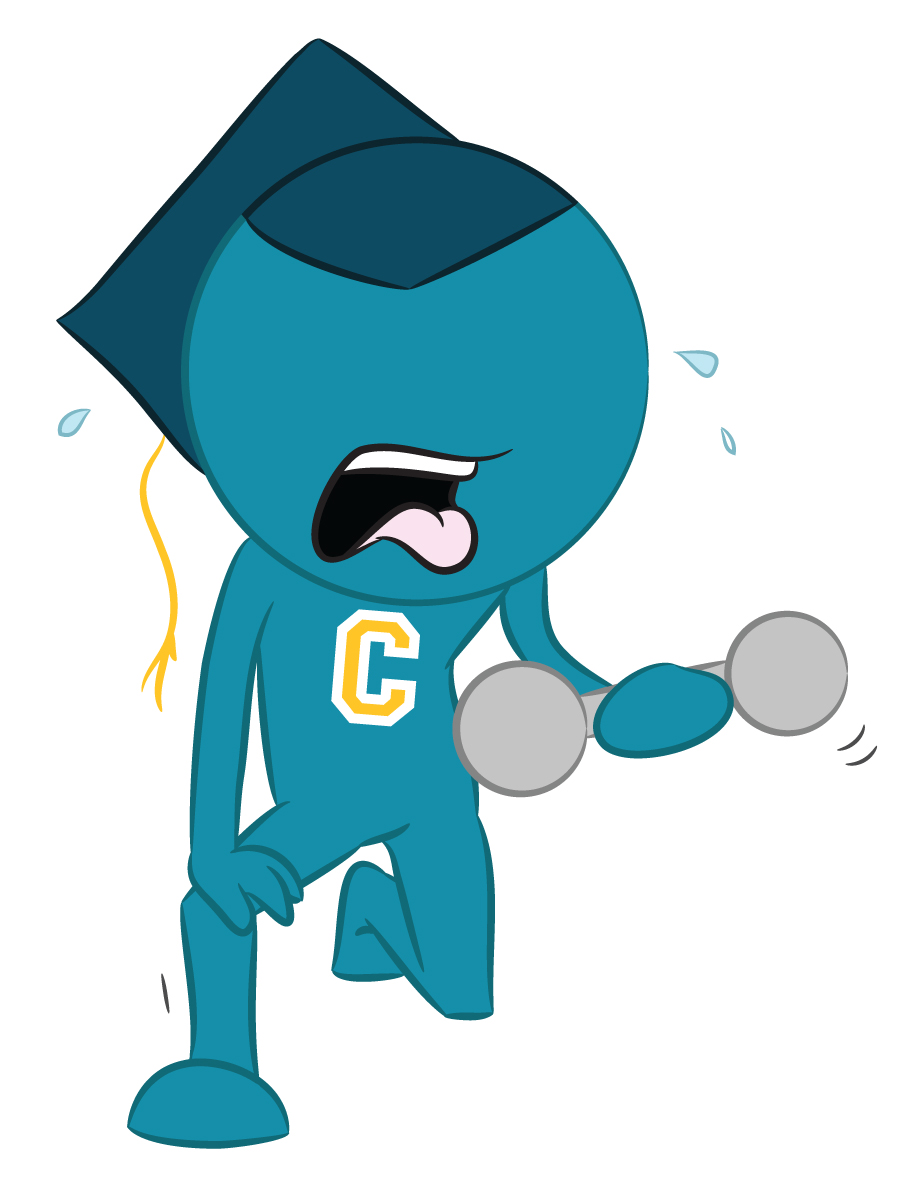 Don’t Take Your Nutrition for Granted
Don’t Take Your Nutrition for Granted
So you’re on your fourth visit to a college campus, trying to evaluate their athletic department and things are starting to blend together. This is one of the most important decisions you will ever make and you don’t want to make a mistake.
Each school had solid facilities, academic support services, sports medicine, strength and conditioning, equipment rooms full of swag and video departments that can put your name up in lights. But what about nutrition?
Another Way to Evaluate
As a veteran in my field, I’ve worked with programs all over the country to improve the way they eat, work out, and recover from those work outs. I have been lucky to play a role in the circle of care around athletes when schools like the University of Nebraska were winning national championships on the football field.
“Dave was a big part of our three national championship teams,” said former Nebraska head coach Tom Osborne.
I have worked with a diverse group of teams at the college, Olympic, professional and even military ranks. What it takes to make it to the top is different from what it takes to stay on one of those elite rosters. Athletes have to be smart and adaptable to evolve their training and diets along the way as growth ends and frames mature and fill out.
A Growing Factor in Recruiting
One of my specialties is objectively determining weight capacity relative to frame dimensions. Being more objective about understanding the largest to smallest frames at any one position and who is still growing is valuable information. It prevents unrealistic demands for weight gain or loss that could compromise an athlete’s well-being.
You want a health professional involved in the objective assessment and goal-setting decisions that could impact what position you’re best suited to play. We call those Pros, Sports RDs (Registered Dietitians).
This Is How the Pros Do It
If you study the routines of professional athletes who have made veteran status you will find Pro Routines that maximize recovery. These routines maximize the quality of their rest and strive to establish meal patterns that minimize downtime, maximize energy and speed resolution of muscle soreness.
“The approach Dave Ellis takes to educating and feeding athletes can make a real difference with athletes, especially at the highest level of sport,” said Bill Belichick, who has coached the New England Patriots into the Super Bowl.
College or pro it’s all about outworking the competition and you will find out that Sports RDs are key in charting a course for success assuming the athletic department you choose has a real resource available to you that is experienced at working with athletes.
Credentials (RD) and experience are key attributes of a Sports RD which you can learn more about at www.sportrd.org. You will find that the top Sports RDs in college athletics are CPSDA Professional Members and some have an additional credential (CSSD) which is establishing a board certification for Sports RDs.
Completing the Circle of Care
Sports RDs complete the circle of care around athletes that unfortunately is still missing in way too many athletic settings–college, Olympic, pro or military. Sports RDs stay ahead of the curve on all the issues that help athletes improve performance without compromising their health along the way.
Does it make a difference?
“With Dave’s help our program went from 2-8 in D-II to 10-1 in D-I,” said North Dakota State football coach Craig Bohl.
The quality of an athlete’s rest and diet are key in helping athletes “outwork the competition.” Taking bows for wins and losses is not what Sports RDs do. We focus on helping athletes minimize down time, improve energy and speed recovery with the power of a food-first diet.
A Food-First Advocate
Sports RDs take a Food-First approach to fueling and advocating for athletes like no other. Sports RDs are always pushing to increase the quality of the allowable meals that can be served as per NCAA rules and advocating for deregulation of NCAA rules that are counter productive to student-athlete welfare. You will also find that Sports RDs are very much on the front lines of US Anti-Doping initiatives and preventative measures associated with sudden death in sports.
Andrew College Athletic Recruiting.
Ashford University Athletic Recruiting
If you have questions or comments about nutrition and recruiting please use the comments section below or connect with us on Facebook or Twitter.